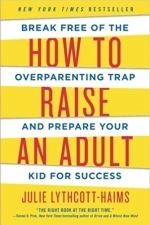
How to Raise an Adult: Break Free of the Overparenting Trap and Prepare Your Kid for Success
Book
New York Times Bestseller "Julie Lythcott-Haims is a national treasure. . . . A must-read for...
Parenting
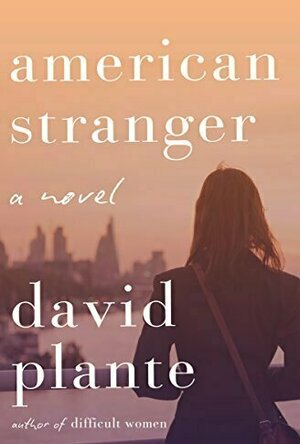
American Stranger: A Novel
Book
A daughter of Jewish refugees searches for love and a spiritual home in this novel by the National...
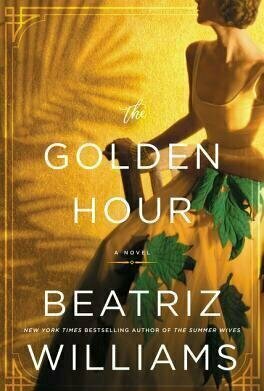
The Golden Hour
Book
The Bahamas, 1941. Newly-widowed Leonora “Lulu” Randolph arrives in Nassau to investigate the...
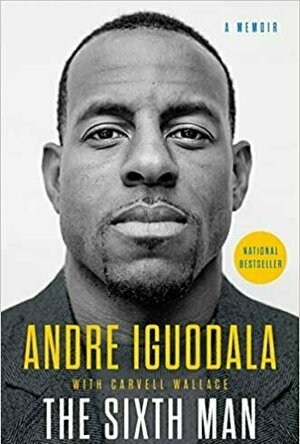
The Sixth Man
Book
Andre Iguodala is one of the most admired players in the NBA. And fresh off the Warriors' fifth...
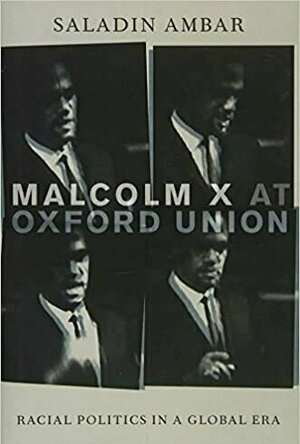
Malcolm X at Oxford Union: Radical Politics In a Global Era
Book
In 1964 Malcolm X was invited to debate at the Oxford Union Society at Oxford University. The topic...

Jane's Hotel 2: Family Hero (Full)
Games and Entertainment
App
Restore your family chain of hotels in this sequel to the famous strategy game. After building her...

Supermarket Management HD (Full)
Games and Entertainment
App
Love Supermarket Management? Don’t miss Supermarket Management 2 - now out on iPad and iPhone! ...
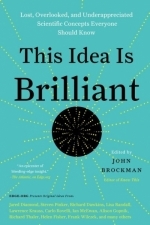
This Idea Is Brilliant: Lost, Overlooked, and Underappreciated Scientific Concepts Everyone Should Know
Book
The latest volume in the bestselling series from Edge.org—dubbed “the world’s smartest...
life sciences
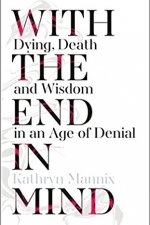
With the End in Mind: Dying, Death and Wisdom in an Age of Denial
Book
In this unprecedented book, palliative medicine pioneer Dr Kathryn Mannix explores the biggest taboo...
medical

Business Today Magazine
Business and Magazines & Newspapers
App
BUSINESS TODAY, is the largest-circulated business fortnightly in India. It is the best report of...